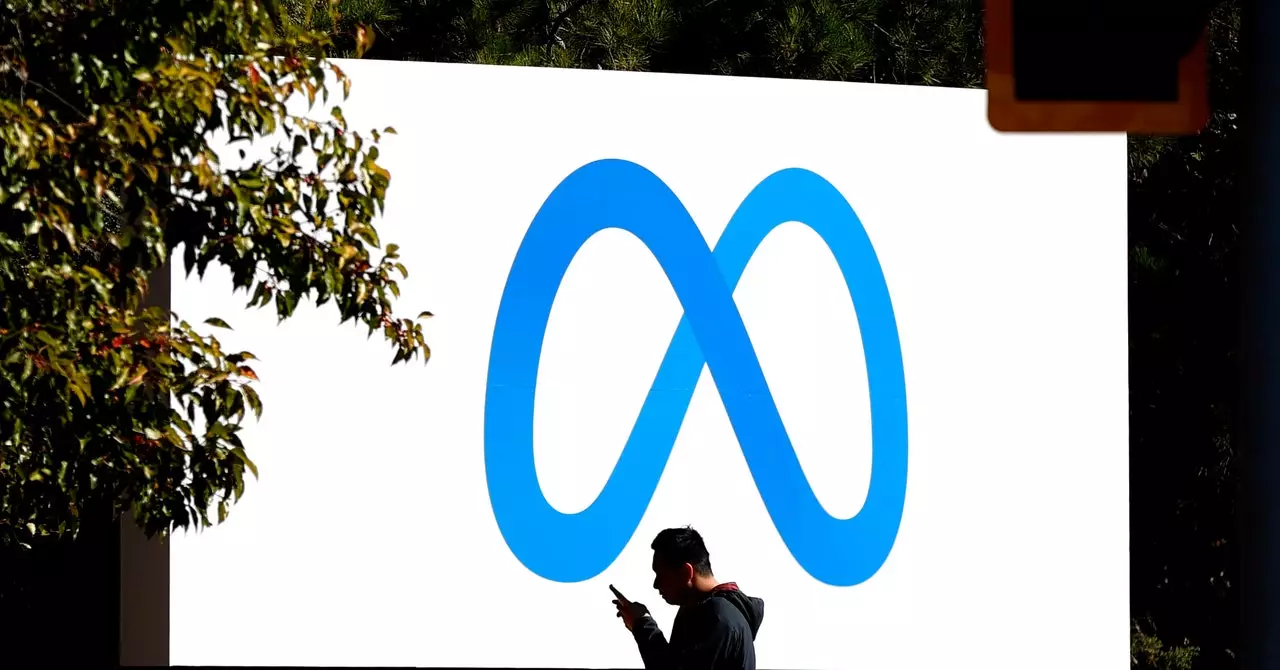The landscape of journalism has been fundamentally altered in recent years, with social media platforms like Facebook playing a pivotal role in this transformation. Once regarded as bastions of reputable information dissemination, these platforms now face increased scrutiny for their role in promoting misinformation and shaping public discourse. Female voices within the media landscape, such as Nina Jankowicz, have emphasized the detrimental effects of Facebook’s involvement in journalism, suggesting that the reliance on platform-sponsored fact-checks undermines journalistic integrity. By financially supporting news organizations to conduct oversight on misinformation, Facebook is accused of entwining itself in journalism’s unavoidably complex fabric.
Recent statements from Mark Zuckerberg indicate a pivot in Meta’s content moderation approach, essentially framing it as a commitment to free expression. However, critics are skeptical about the sincerity and efficacy of this shift. By relocating the in-house trust and safety team from California to Texas, Zuckerberg claims this will diminish perceived biases in content moderation. Critics argue that this move reflects a concerning trend: the prioritization of political expediency over accountability. As Meta seeks to position itself against rivals like X, there’s a palpable sense of an ideologically motivated scramble to secure user engagement, often at the expense of rigorous ethical journalism.
Community Notes: A Double-Edged Sword
Meta’s newly proposed Community Notes initiative, which resembles X’s earlier attempts at crowd-sourced fact-checking, seems to embody a familiar cycle of well-intentioned ideas that ultimately falter. Intended to allow users to collaboratively assess the accuracy of posts, the voting mechanism may still fall short in its capacity to counteract disinformation effectively. Insights from the experience of X’s community-driven content moderation reveal that such models often inadvertently exacerbate misinformation. The inability of these systems to prevent disinformation from proliferating raises the question: Are we merely rescaling the problems of intentional misinformation?
The intersection of social media, journalism, and politics paints a troubling backdrop against which Meta is currently operating. Zuckerberg’s recent affiliation with Trump, coupled with proclamations against government censorship, suggests his prioritization of political alignment over transparent and ethical content moderation practices. This hands-off approach to misinformation arguably invites a wave of far-right propaganda, as Meta positions itself as a defender of free speech, potentially at the expense of user safety and accurate information dissemination.
The outcry from critics highlights the discrepancies in promises of open dialogue versus the realities of online harassment and misinformation. Activism groups like the Real Facebook Oversight Board have denounced these new policies as a regression from responsible content management. Instead of fostering an environment for healthy discourse, this seems like a rebranding of an increasingly chaotic and dangerous digital space.
As Meta, X, and similar platforms navigate the turbulent waters of misinformation and online moderation, the question of responsibility weighs heavily. Are these companies equipped to uphold the ethical standards required to sustain a healthy public sphere? With financial incentives tied to user engagement, the push for profit often cloud complex ethical considerations.
In the final analysis, the approach taken by companies such as Meta will significantly influence the future of journalism, free speech, and public discourse. Fostering a culture of transparency and accountability is crucial in regaining trust and fostering a genuine information ecosystem. As much as the digital realm offers unparalleled freedom of expression, it falls upon the platforms that facilitate these conversations to ensure that the discourse remains respectful, informed, and devoid of harmful misinformation. How effectively Meta can balance these responsibilities in the current landscape remains to be seen, but the stakes have never been higher.

